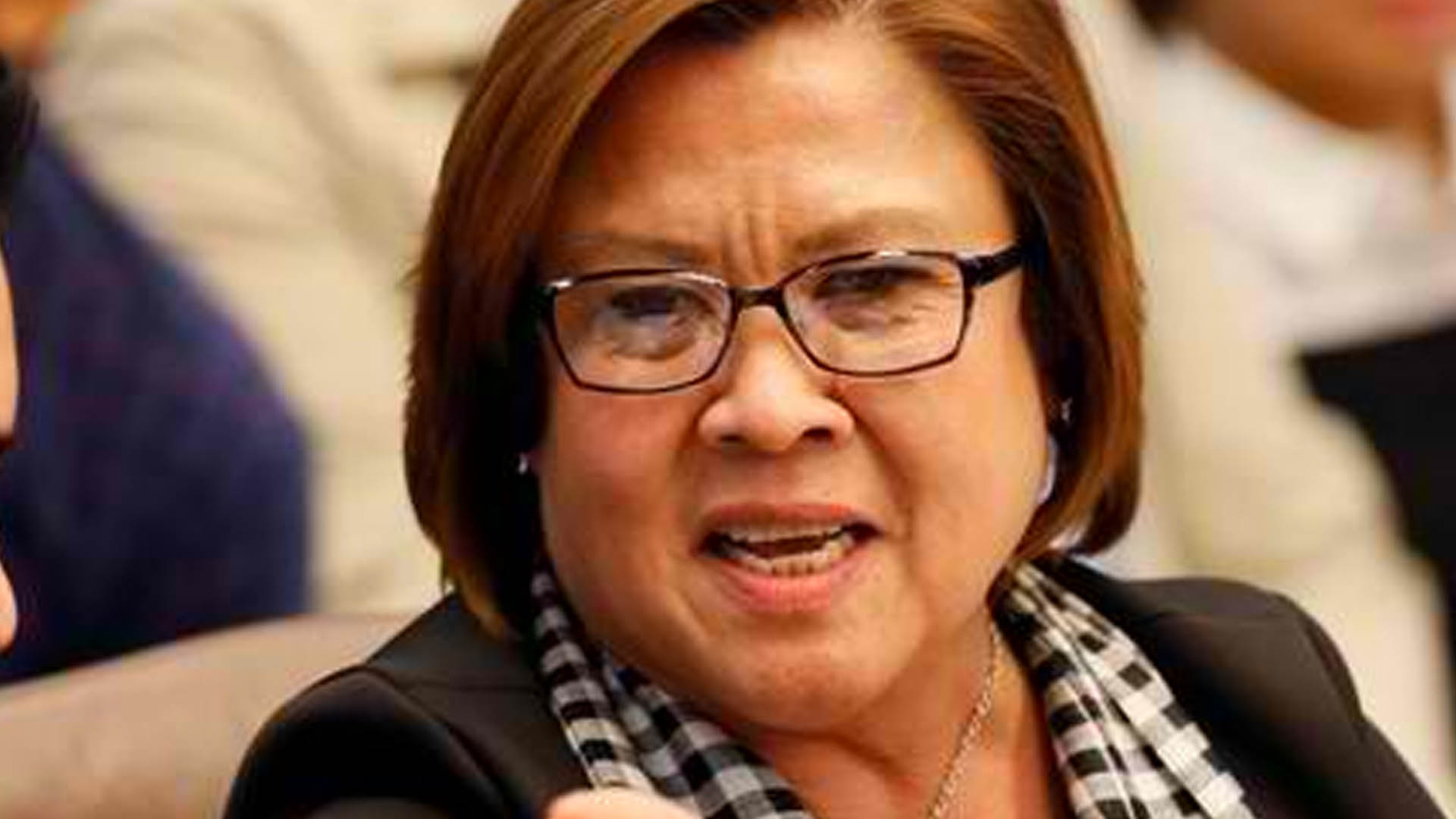Senator Leila M. de Lima has enjoined her countrymen to fulfill their shared obligation to defeat the scourge of modern-day slavery by exercising extreme vigilance in looking out for individuals who might be held in bondage due to poverty and discrimination.
In her message on International Day for the Abolition of Slavery today (Dec. 2), De Lima said Filipinos from the vulnerable sector of society often fall victim to modern-day slavery which takes on many forms, including sex trafficking, debt bondage and child labor.
“[L]et us open our eyes to the injustice and atrocities of forced labor and human trafficking that prey upon our most vulnerable particularly the women, children and poor. Perpetrators of slavery not only violate labor rights, but assault our collective humanity and dignity,” she said.
“No child should have to drop out of school to work in farms or factories under often dangerous conditions because of poverty. No girl should be forced into marriage due to economic constraints. No one should be illegally recruited into demeaning work,” she added.
The United Nations’ (UN) International Day for the Abolition of Slavery is annually held every December 2 of every year to raise awareness of and call to an end to the atrocities of modern slavery.
UN figures showed that an estimated 40.3 million people are victims of modern slavery worldwide, with 24.9 million people trapped in forced labor, including women and children.
Of the 24.9 million people trapped in forced labor, UN noted that 16 million people are exploited in the private sector, such as domestic work, construction or agriculture; 4.8 million people in forced sexual exploitation, and 4 million people in forced labor imposed by state authorities.
In recalling the Filipino victims of modern-day slavery, De Lima cited, among others, the case of former Pinay helper “Nanay Fedelina” who was only rescued by authorities in 2018 after living as family slave of a Filipino family for 37 years.
De Lima, who chairs the Social Justice, Welfare and Rural Development Committee in the Senate, said the government, for its part, should ensure that perpetrators of any form of slavery are held accountable under Philippine laws.
“Alongside making the abusers accountable under Philippine laws, we should also uphold our international obligations as among the over 170 countries in the world that have ratified two international treaties on the abolition of forced labor,” she pointed out.
“I vow to continue advocating for the rights and interests of our farmers, fisherfolk and industrial workers so they will no longer be exploited into doing backbreaking work for meager to almost no pay,” she said.
As then justice secretary, De Lima chaired the Inter-Agency Council Against Trafficking (IACAT) to coordinate government efforts in implementing the laws against human trafficking, including all forms of slavery, forced labor and sexual exploitation.
The IACAT efforts resulted in the attainment of the Tier 1 Status in the annual United States Trafficking in Persons Report in 2016 for having “fully met the minimum standards in eliminating human trafficking in the country.”








